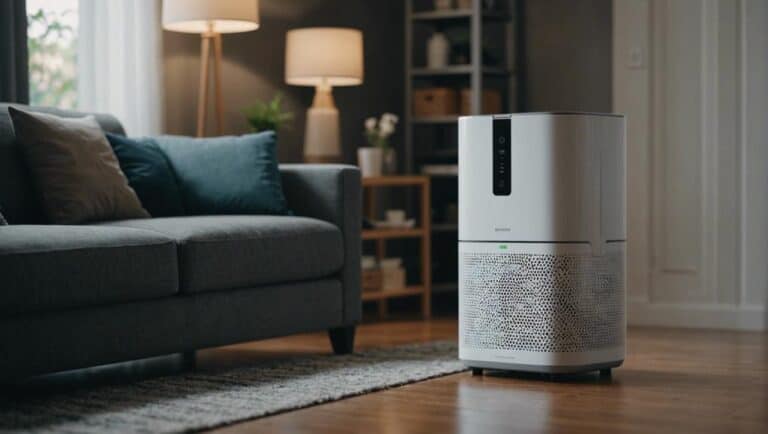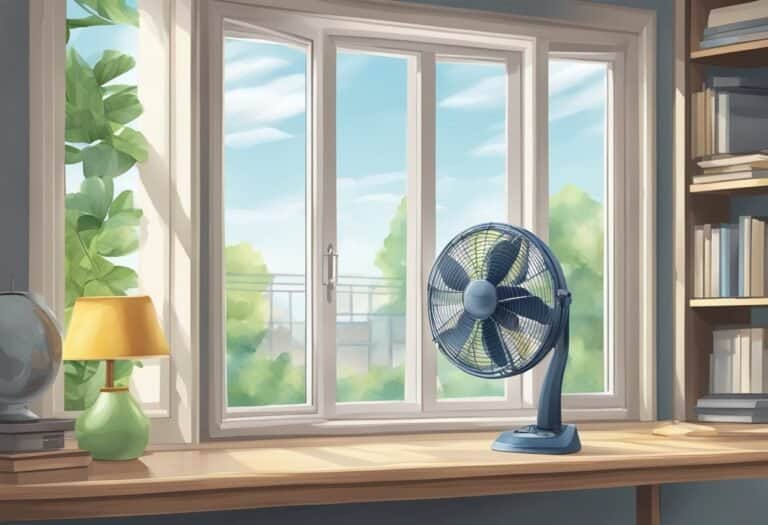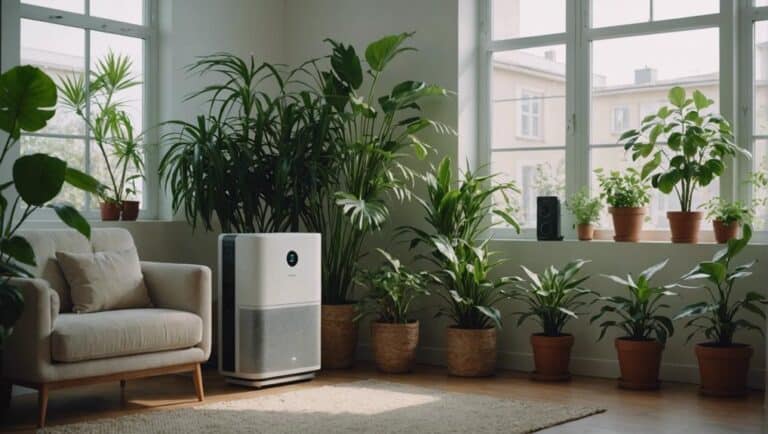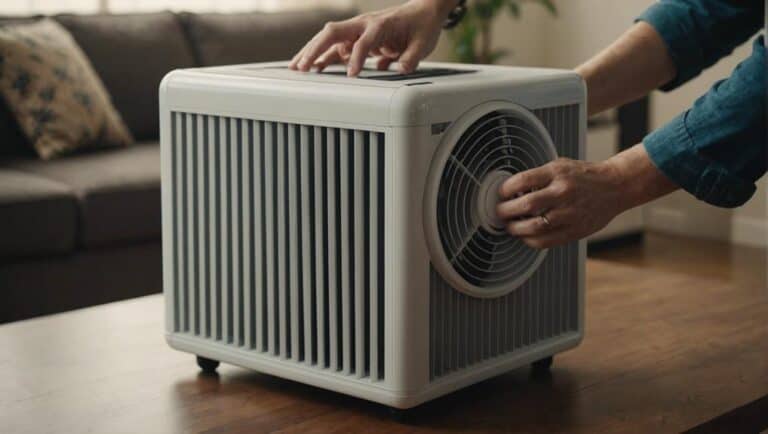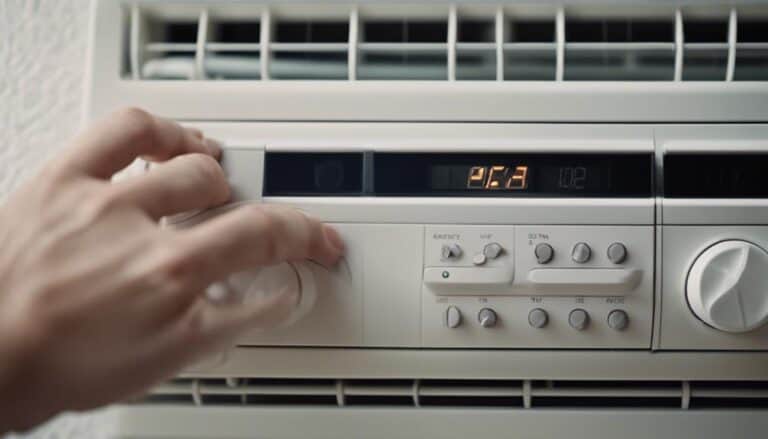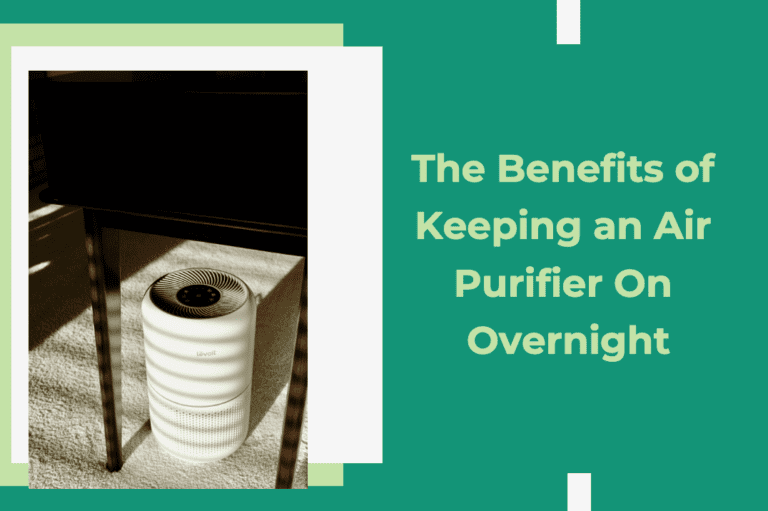The Ultimate Guide to Air Conditioners: Allergy Relief and Seasonal Allergies – Heating and Cooling Solutions
Are seasonal allergies making your life unbearable? Do air conditioner good or bad for allergies? Look no further! This ultimate guide to air conditioners is here to save the day.
Discover how air conditioners can provide allergy relief and help you manage seasonal allergies.
Learn the importance of choosing the right air conditioner and maintaining it for optimal results.
With these essential tips and solutions, you’ll be able to enjoy a cool and allergen-free home.
Say goodbye to sneezing and hello to comfort!
Understanding Allergens: How Air Conditioners Can Help
If you suffer from allergies, you may be wondering how air conditioners can help alleviate your symptoms.
Well, air conditioners can actually play a significant role in improving indoor air quality and reducing allergens in your home.
The main way that air conditioners help is by filtering the air that circulates through the HVAC system. The filter in your air conditioner traps allergens such as dust, pollen, and pet dander, preventing them from being recirculated into the air.
This can greatly reduce the amount of allergens in your home and provide relief for allergy sufferers.
The Role of Air Conditioning in Allergy Relief
Air conditioning can provide you with significant allergy relief by reducing the presence of allergens in your home. Here are three ways in which your air conditioner can help alleviate your seasonal allergies:
- Filtering the air: An air conditioner equipped with a high-quality air filter can capture and trap pollen, dust, and other allergens, preventing them from circulating in your home.
- Decreasing humidity: High humidity levels can promote the growth of mold and dust mites, which are common triggers for allergic reactions. Air conditioning helps to control humidity, creating an environment that’s less favorable for these allergens.
- Improving indoor air quality: An efficient HVAC system with regular maintenance can effectively remove allergens from the air, reducing your exposure to potential triggers and providing you with much-needed allergy relief.
Choosing the Right Air Conditioner for Allergy Relief
When it comes to choosing the right air conditioner for allergy relief, you should consider both your specific needs and the available options on the market.
Allergies can be triggered by various factors, such as dust mites, mildew, and mold. To improve indoor air quality and reduce allergy symptoms, it’s important to choose an air conditioning unit with effective filters. These filters help to capture allergens and prevent them from circulating in your home.
Regular maintenance and cleaning of the filters are also crucial to ensure their efficiency. Hiring a technician to inspect and service your air conditioner can help identify any potential issues that may worsen allergies.
Maintaining Your Air Conditioner for Optimal Allergy Relief
To achieve optimal allergy relief, regularly clean and replace the filters in your air conditioner. This is essential in removing allergens such as pet dander, mold spores, and other airborne particles that can trigger seasonal allergies.
Here are three important steps to maintain your air conditioner for optimal allergy relief:
- Clean or replace filters: Dirty filters allow allergens to circulate in your home. Clean or replace them every 1-3 months to ensure maximum efficiency in filtering out allergens.
- Clean ductwork: Dust and allergens can accumulate in the ductwork of your AC unit. Hire a professional to clean your ducts periodically to prevent the recirculation of allergens into your living space.
- Use a HEPA filter: Consider installing a high-efficiency particulate air (HEPA) filter in your air conditioner. HEPA filters can capture tiny allergen particles, providing cleaner and healthier air for allergy sufferers.
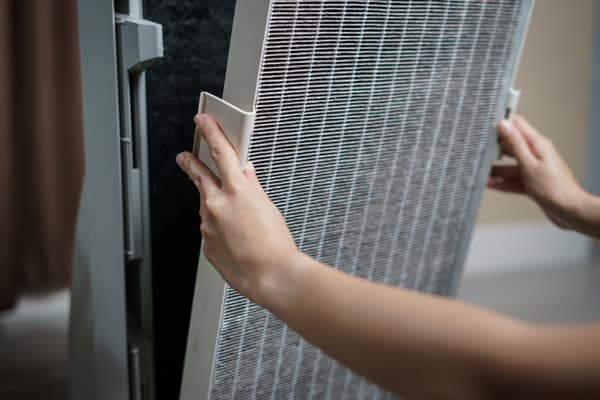
Additional Tips and Solutions for Managing Seasonal Allergies With Air Conditioning
For optimal management of seasonal allergies with your air conditioning, consider using a dehumidifier in conjunction with your AC unit to reduce moisture and minimize the growth of allergens. High humidity levels can create an ideal environment for allergens such as dust mites and mold to thrive. By using a dehumidifier, you can effectively lower the humidity levels in your home and reduce the presence of these allergens.
Additionally, consider using a high-efficiency particulate air (HEPA) filter with a MERV rating to trap airborne pollutants and irritants. HEPA filters are designed to capture particles as small as 0.3 microns, including pollen, pet dander, and dust mites. This can greatly improve the air quality in your home and reduce the potential triggers for your seasonal allergies. Remember to regularly clean and replace the filter to ensure optimal performance.
Conclusion
In conclusion, air conditioners can be a valuable tool in providing allergy relief and managing seasonal allergies. By filtering and purifying the air, they help remove allergens and improve indoor air quality.
Choosing the right air conditioner and maintaining it properly can ensure optimal allergy relief. Additionally, implementing other tips and solutions, such as keeping windows closed and regularly cleaning your home, can further enhance the effectiveness of air conditioning in managing seasonal allergies.
Stay comfortable and allergy-free with the right air conditioner!

